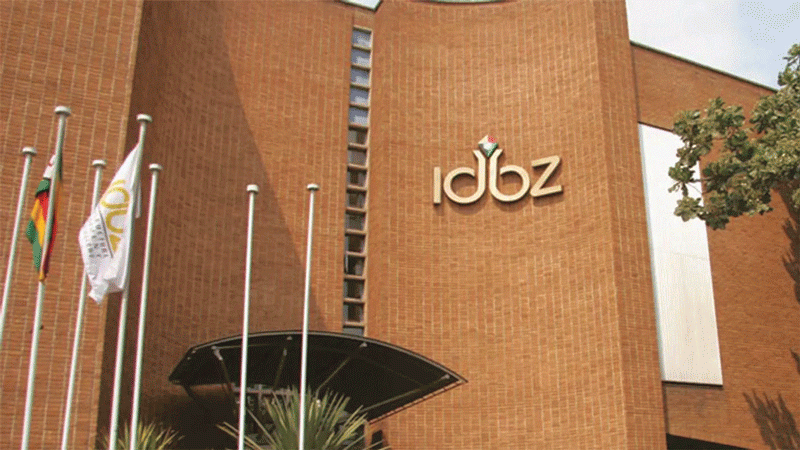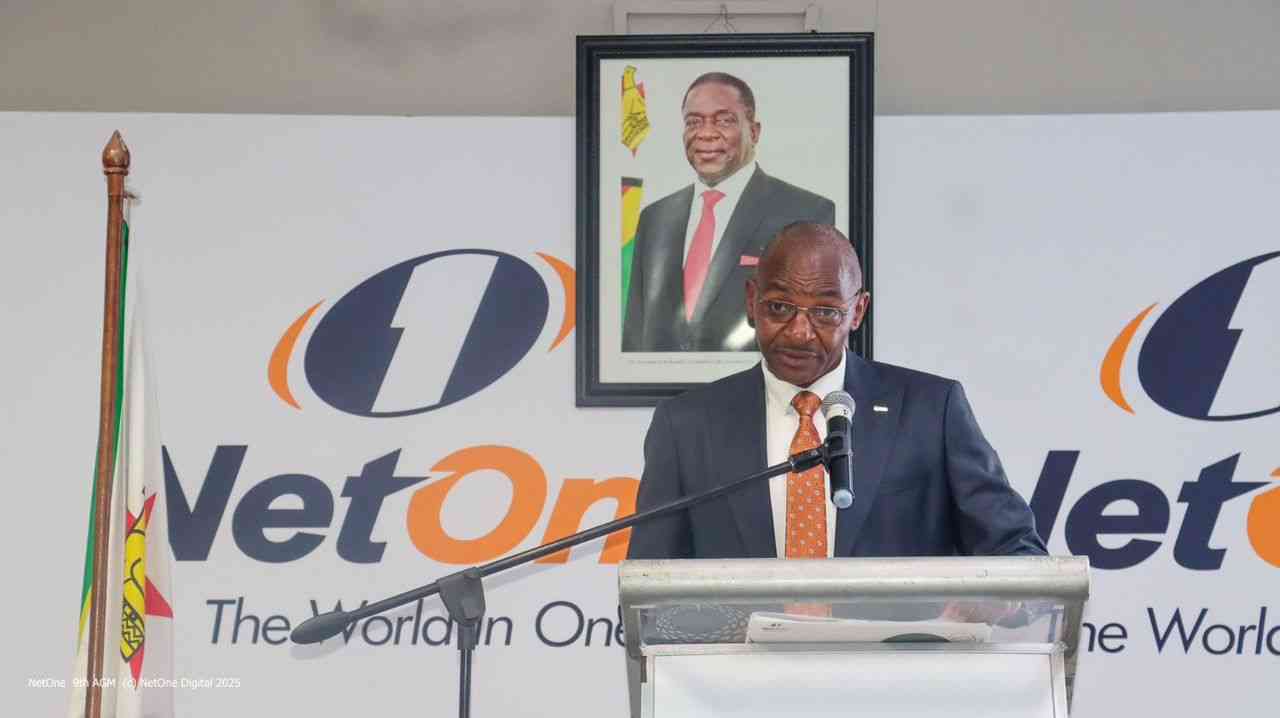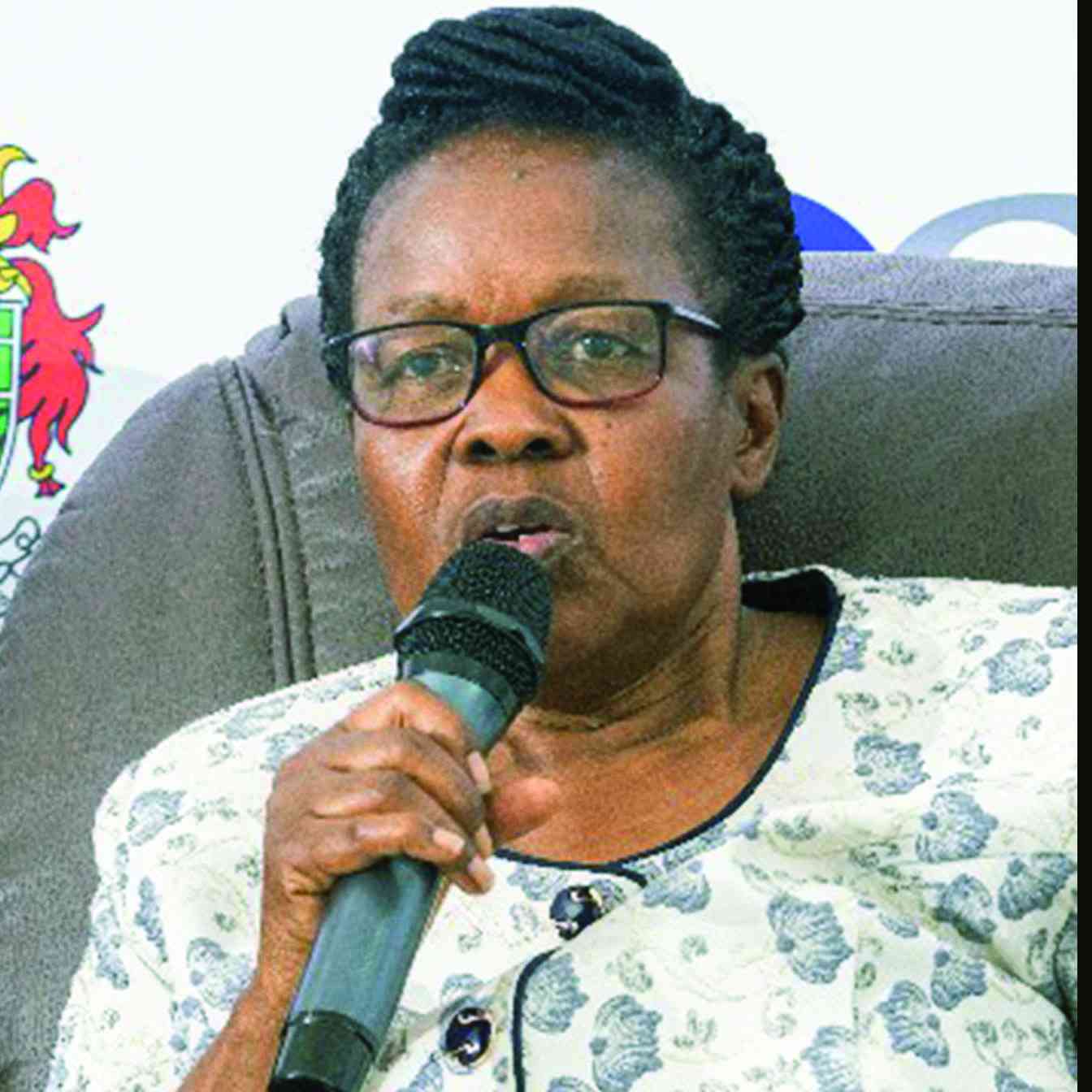
STATE-OWNED Infrastructure Development Bank of Zimbabwe (IDBZ) “exposed” itself to a potential clash with tax authorities after failing to use correct thresholds in determining the Intermediated Money Transfer Tax (IMTT) for the period January 2021 to April 2021, the recent Auditor-General (AG) report shows. IMTT is a tax collected in terms of Section 36G, as read with the 13th Schedule of the Income Tax Act (Chapter 23:06).
IMTT is tax chargeable on transfer of money physically, electronically or by any other means.
The revelations on IDBZ, contained in Auditor-General Mildred Chiri’s 2021 audit report show that as result of that financial error, the liability to which the controlled bank was exposed, was going to attract penalties. “The bank was using an incorrect flat rate limit in determining the IMTT for the period January 2021 to April 2021. As a result, the bank was exposed to a potential principal liability of ZW$746 500 and interest of ZW$122 806,” the report reads.
As a result, Chiri highlighted, among other recommendations, it was imperative for IDBZ to use “correct rates and thresholds” to avoid unnecessary financial losses.
Chiri’s findings in the entity’s financial affairs show that the bank accounted for Value Added Tax (VAT) on sale of stands from their joint venture with Clipsham instead of their proportionate share which could have prejudiced the financial institution's revenue.
Chiri underscored that “the bank accounted for VAT on sale of stands from a joint venture between IDBZ and Clipsham in total instead of accounting for its proportionate share”. The bank, according to the report, failed to account for 10% withholding tax as presented in samples for the months of March, June, September and December 2021. A range of other returns from the samples were remitted late to the Zimbabwe Revenue Authority (Zimra).
“I noted that the bank did not account for 10% withholding tax on some payments to suppliers who did not have valid tax clearance certificates.
“The bank in contravention of the Income Tax Act (Chapter 23:06) did not deduct withholding tax but instead taxed it as employment income,” noted the Auditor-General. The report indicates that after the matter was brought to the institution’s attention, the bank’s executives explained that “the issue is already receiving management attention following a tax health check”.
- US$100m earmarked for pension funds
- US$100m earmarked for pension funds
- US$100m earmarked for pension funds
- IDBZ in tax miscalculation gaffe
Keep Reading
Chiri also noted that “payments of non-residents taxes were remitted late for the month of December 2021.
REV5 returns were submitted late to Zimra for all tax periods except for the month of December”. The bank management, as the report shows, admitted that there were irregularities in tax accounting which had resulted in delays to submit returns to them reporting late to Zimra.
However, the bank’s management explained that the raised irregularities were being addressed. “The bank appointed a tax consultant in 2021 to undertake a tax health check on the bank after identifying the gap in tax accounting. The consultant identified a number of issues which management, with the help of the tax consultant, is already working towards resolving,” the report reads. IDBZ did not make any progress towards addressing the AG’s reports from the prior year.
Broadly, Chiri’s report on the financial status of government institutions and departments for year ending 2021 shows that 53 public entities had not yet submitted financial statements for audit while four others have accounts in arrears stretching for over three years.









